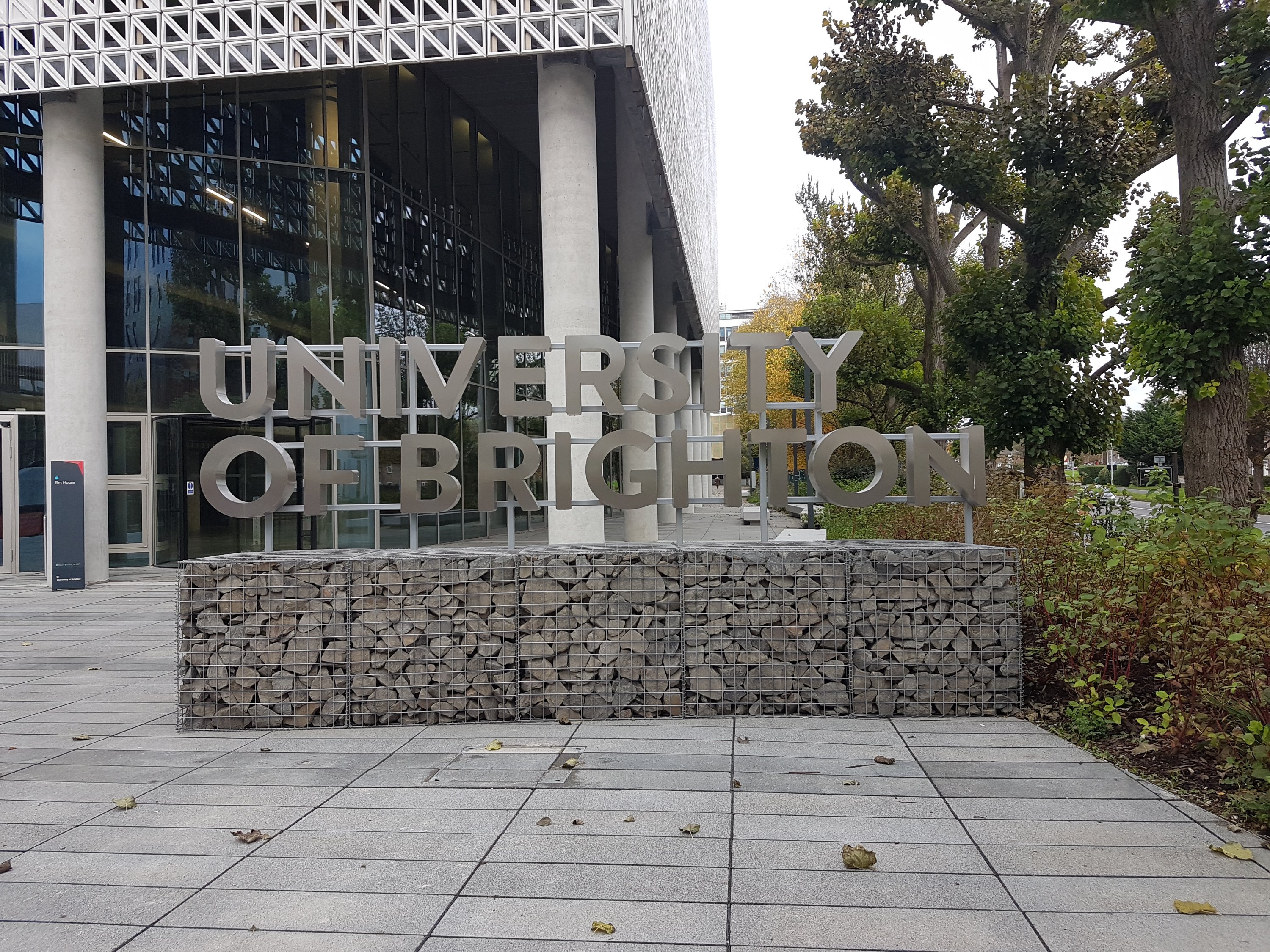A Brighton University team has won a national award for its work on tackling shortage of blood and organ donors.
The team of students, staff and healthcare professionals won a national teaching award in addition to attracting funding of more than £1 million.
The university said: “The Collaborative Award for Teaching Excellence (CATE) is among UK higher education’s most prestigious, celebrating the important role of collaborative work in the sector, with only a handful achieving the required standard each year.
“Brighton’s Donor Research team have done all that and more.
“The NHS Blood and Transplant-funded network was set up in 2020 as a means of raising awareness among young adults about blood and organ donation.
“Data shows that the numbers of people waiting for transplants is continuing to rise.
“There are 6,260 people waiting for a transplant and over 6,000 blood donations are needed every day to treat patients in England – with the shortage most acute among minority ethnic populations.
“In response, Donor Research has set up a student champions scheme, which encourages first and second-year students from diverse degrees and ethnic backgrounds at the University of Brighton and Brighton and Sussex Medical School to promote awareness of blood and organ donation.
“They have also teamed up with artist and graphic illustrator Sarah Akinterinwa to create a series of comics to raise awareness of blood and organ donation among minority ethnic groups.
“The importance of the work done by the team is reflected in the significant funding they have received.
“On top of a £440,000 funding boost from the Community Investment Scheme last year, the team also received a share of £685,000 funding in April this year as part of the government’s commitment to continue to promote organ, blood, and stem cell donation among minority ethnic communities.”
Simonne Weeks, senior lecturer in biomedical science at Brighton University and director of Donor Research, said: “Donor Research was established to advance, support and shape their community’s awareness of blood and organ donation for a fairer and more equal society.
“Students are recruited from a diverse range of courses and join the team as champions and become equal learning partners alongside academics.”
The university said: “By encouraging student champions to take ownership of the project, it has helped equip them for their future professional practice.
“University staff, meanwhile, also get the chance to develop both personally and professionally through opportunities for research and links to the local community.
Joey Fanstone, a second-year student at Brighton and Sussex Medical School and co-founder of Donor Research, is one of those students who has benefited.
He said: “It has been great to watch the team grow from strength to strength, from three members to a student and staff team of more than 20.
“Delivering teaching sessions and workshops alongside other students to raise awareness of these important issues has shown the need for this education.”

Juliet Eve, had of the Learning and Teaching Hub at Brighton University, said : “I am delighted that this team has been nationally recognised for their pioneering work, which reflects core university values of inclusivity, partnership and creativity.
“The impact of their work on staff, students and the wider community is truly inspiring.”
The university added: “Through excellence in teaching and learning, research, collaboration and leadership, the Donor Research team are inspiring other academics to adopt similar approaches so more students are better equipped for professional practice and become advocates for change.
“The CATE winners will have the chance to celebrate their achievement at an awards dinner in autumn 2023.
“In the meantime, the Donor Research team will be preparing for the next term’s influx of students and the opportunity to spread their message further.”
To register as an organ donor, click here.
To register as a blood donor, click here.









Have you tried to give blood recently? The lack of venues, and complicated booking process must detract from a lot of would-be donors.
Pretty sure it’s “University of Brighton” or “Brighton” but never “Brighton University.” Similar with Sussex.
If it helps, I follow one of the university’s twitter accounts, Brighton Uni English, and the main Sussex University twitter account, and that’s called Sussex Uni. The ‘of’ construction is pretentious, grandiose and long-winded. Next it’ll be the City Council of Brighton and Hove and the Police of Sussex and the Medical School of Brighton and Sussex. Perhaps this website should be called News of Brighton and Hove, then it can be pretentious too.
Even that account refers to it as the University of Brighton on their bio! Which Twitter handle was available/fit the requirements doesn’t really come into it. Whether or not you think it’s pretentious you can’t argue the facts of it. There’s a fifteen-foot long sign carved from stone out the front of Sussex and it doesn’t say “Sussex University.”